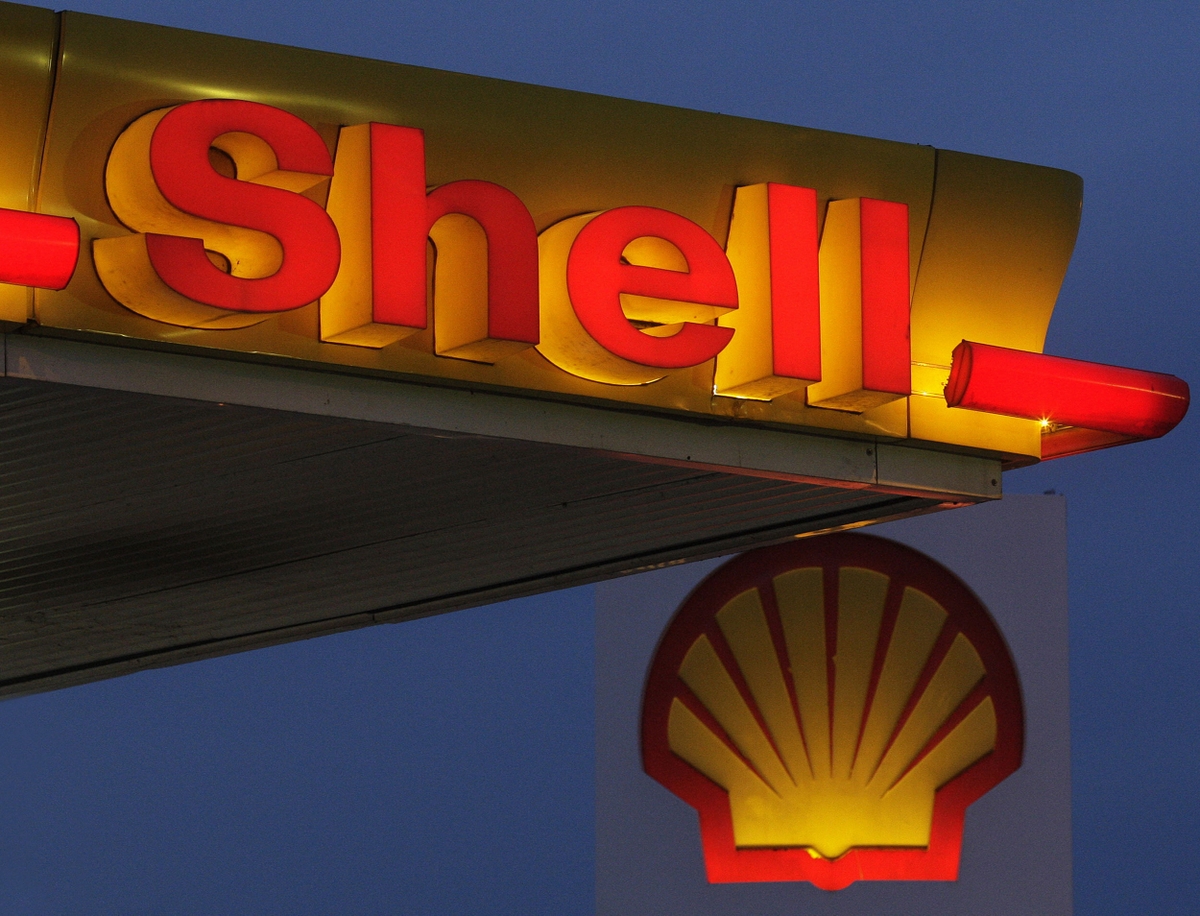Shell and British Gas (BG) have reached an agreement with the Petroleum Ministry to obtain $400m of their financial dues by the end of June, in exchange for renting a driller and resuming work in the 9B phase of the project in the Mediterranean.
A source close to the negotiations with the government told Daily News Egypt that during a recent meeting Petroleum Minister Tarek El-Molla promised the CEO of BG Samy Eskandar to repay $400m by the end of June and complete the repayment of the full dues by the end of 2016.
He added that BG’s dues are estimated at $1bn, and they represent 30% of the government’s full dues to the foreign petroleum company working in Egypt. The full dues are worth $3.2bn.
The Dutch company Shell acquired all assets and concessions of BG in February 2016.
The source said that the deal would accelerate the work and link wells of stage 9-B by the fourth quarter of 2017, adding that the entire project can be completed in the second half of 2018.
The agreement was preceded by negotiations between BG and the Egyptian General Petroleum Corporation to raise the price of gas.
The source pointed out that the gas from the 9B stage in the deep Mediterranean water was priced through a pricing formula linked to the price of Brent crude oil with a maximum of $5.88 and a minimum of $2.5 per million British Thermal Units.
He added that Shell will not resume work in stage 9B until the price is set by the parliament and part of its financial dues have been received, as well as allowing the company to export 100m to 150m cubic gas feet per day from Edco liquefaction factory owned by Shell’s BG.
Two months ago, the company halted its operations in the 9B stage of its concession area in the Mediterranean. Saipem drillship was moved from the site after finishing 9A operations and linking the site to the national gas grid.
Sources earlier said that the 9B site has 40% less gas than 9A, which reduces the production life of the project, so the company asked for increased gas prices.
The source said that gas of that stage is found deeper than the previous stage, thus requiring more drilling time—as long as 67 days per well, versus only 45 days for the first stage.



